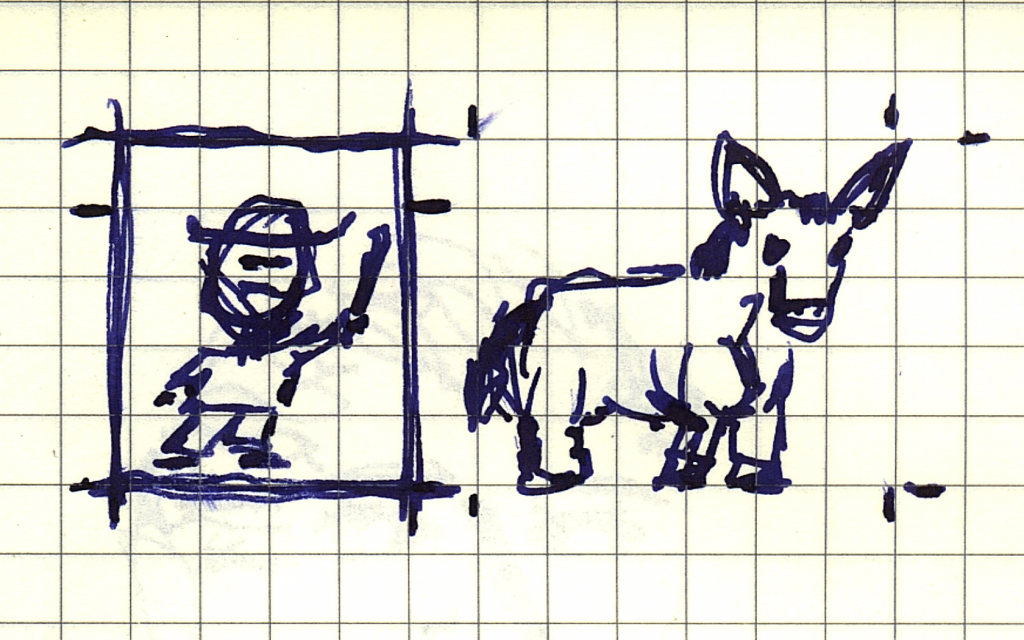-
iamdanw: (via Children of Men: Don’t Ignore The Background – YouTube) (Source: https://www.youtube.com/)
-
Programmers, computer scientists, and critical theorists have reduced software to a recipe, a set of instructions, substituting space/text for time/process. The current common-sense definition of software as a “set of instructions that direct a comptuer to do a specific task” and the OED definition of software as “the programs and procedures required to enable a…
-
comicsworkbook: daveortega: Lunch #lunch #sketchbook Dave Ortega
-
superheroesincolor: This Strange Way of Dying (2013) “Spanning a variety of genres—fantasy, science fiction, horror—and time periods, Silvia Moreno-Garcia’s exceptional debut collection features short stories infused with Mexican folklore yet firmly rooted in a reality that transforms as the fantastic erodes the rational. This speculative fiction compilation, lyrical and tender, quirky and cutting, weaves the…
-
criterioncollection: What are you watching this weekend?
-
New research project will make computer science more hands-on in the classroom—meet Project Bloks
codeorg: At Code.org we’re all about finding lots of different ways for students to interact with computational thinking. That’s why we’re excited about Project Bloks, a collaboration between Google, Paulo Blikstein (Director of the Transformative Learning Technologies Lab, Stanford University) and IDEO. Project Bloks is creating an open hardware platform through which developers, designers, and…
-
artbyraul: From the Boston Globe today. #newspaper #portrait
-
medievalpoc: toughandtender: medievalpoc: http://medievalpoc.tumblr.com/search/rubens #Rubenesque This is important because I just learned about him last semester and was not aware of how much POC work he had until this post. Obviously, this wasn’t taught in art history class but are you fucking kidding me? This is amazing work and it should be on the curriculum,…
-
Code is a language, but a very special kind of language. Code is the only language that is executable […] code is the first language that actually does what it says. Wendy Chun, Programmed Visions (via stoweboyd )
-
machschine: “The fact that there is an algorithm, a meaning intended by code (and thus in some way knowable), sometimes structures our experience with programs. When we play a game, we arguably try to reverse-engineer its algorithm, or at the very least to link its actions to its programming, which is why all design books warn…
